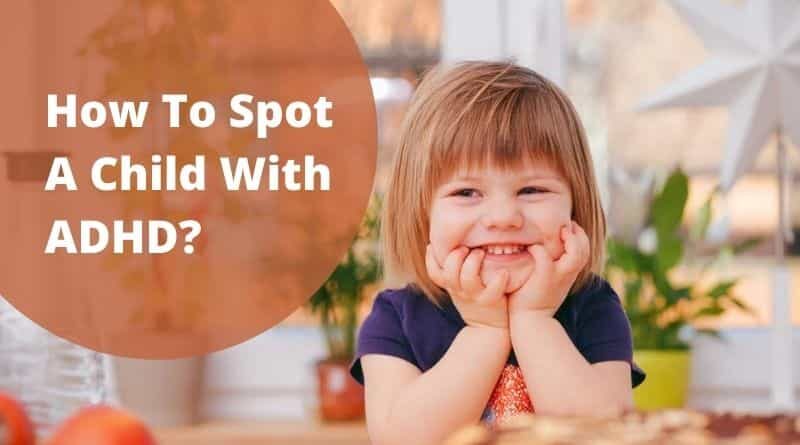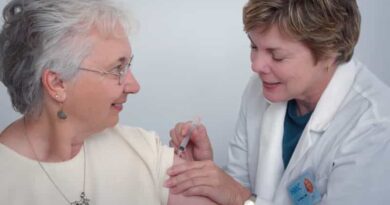How To Spot A Child With ADHD?
ADHD is one of the most prevalent neurodevelopmental disorders of childhood. Many adhd symptoms – hyperactivity, impulsivity and inattentiveness – are amplifications of normal childhood behavior. However, there are also symptoms in children that appear to run completely counter to the typical, hyperactive expectations of the condition.
This article discusses what ADHD is, how it manifests in kids, how to get a diagnosis and what kinds of treatment are available.
Attention Deficit Hyperactive Disorder is a chronic neurological condition. There is no clear understanding of the cause, although scientists believe there are a combination of genetic factors and environmental triggers that result in ADHD.
There are three different types of ADHD:
- Predominantly Inattentive Type,
- Predominantly Hyperactive-Impulsive Type,
- Combined Presentation (the most common of the three).
When a child is diagnosed with one of these three types, it does not mean they are fixed in that category; the symptoms can change over time.
ADHD diagnoses can be given to children five and older. An ADHD diagnosis is given to children who show six or more symptoms of inattention/hyperactivity on a regular basis for more than six months in at least two settings. In older children, doctors will ask about whether symptoms were present before the age of 12, as that is a criteria for this neurodevelopmental disorder.
A family physician will determine whether your child has ADHD, using standard guidelines developed by the American Academy of Pediatrics. They will also conduct a physical exam, a medical history, psychological assessments and potentially a noninvasive brain scan.
Treatment options for ADHD include medication and behavioral interventions. The two approaches may be used in combination and, as your child responds, you may find yourself tweaking the different ingredients.
Medical Treatment often involves psychostimulants. These medicines, including Adderall, help children focus more effectively.
Whether used in concert with medication or on its own, behavioral treatment can go a long way in mitigating adhd symptoms in children. Different from talk therapy, counseling for ADHD should be geared towards teaching kids about how their brain functions – in terms of how it manifests itself in their daily life. Then, they can learn strategies to better handle challenging situations.
Communication with the child’s teacher is important to ensure that the solutions the child psychologists propose can be integrated into the classroom in the most supportive way possible.
With so much focus on your child, it is important to consider the impact of obtaining and managing the diagnosis on the rest of the family. Parents of children with ADHD may benefit from counseling, as well as a regular plan for self-care to avoid caregiver burnout.
Other siblings will also benefit from additional support and attention from their parents – to balance out the impact of having so much attention go to their brother or sister.
An ADHD diagnosis can feel monumental. However, this chronic condition can be managed. With proper support from medical professionals, counselors and teachers, there can be a silver lining to the experience that far outlasts whatever initial shadow the diagnosis casts.
Recommended Articles:
Parents Guide to Dealing with ADHD in Children
Tips for Teachers With Urinary Incontinence








